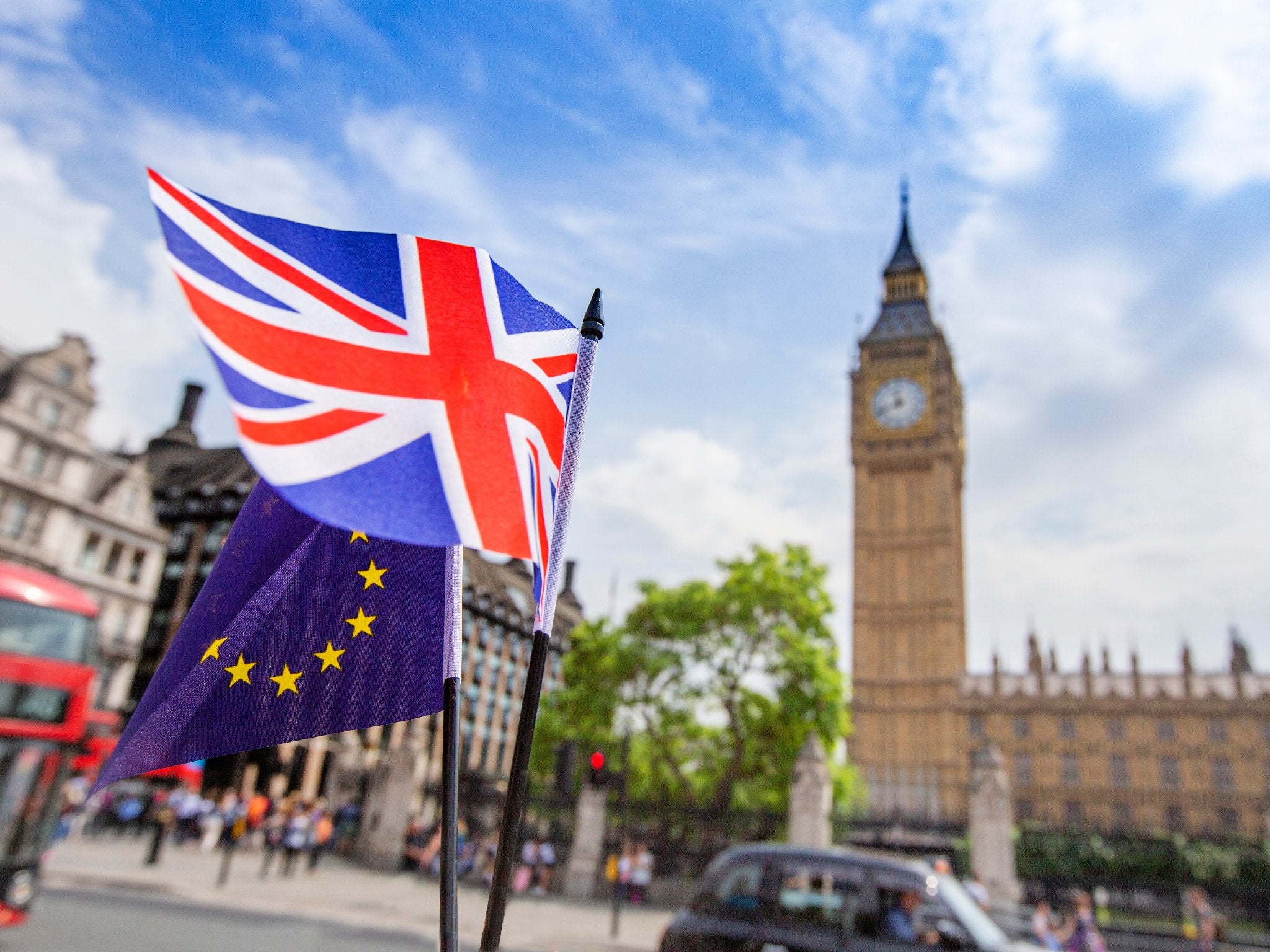Why Brexit has never gone away for business
A political squabble threatens to turn into an economic debacle as tensions rise between the UK and EU, writes Phil Thornton


As much as the government and arch-Leavers wish it would, Brexit refuses to go away. With inflation soaring, interest rates set to rise as soon as next month, and supply and labour shortages gripping the country, the last thing the economy needs is more friction with its largest trading partner, the European Union.
But recent weeks have seen tensions rising between the UK and the EU over the Northern Ireland protocol, with discussions between Lord David Frost and Commissioner Maros Sefcovic reportedly making limited progress.
The NI Protocol, which was signed by Boris Johnson, is designed to avoid a hard border between North and South Ireland. But because the EU requires checks on good entering from outside the zone, it was agreed checks would instead take place on goods entering Northern Ireland from the rest of the UK, effectively creating a border in the Irish Sea.
Frost has threatened to invoke an emergency clause in the protocol known as Article 16, which is effectively a safety valve either side can use if they believe they face “serious economic, societal or environmental difficulties”.
The UK could remove checks and documentation on goods travelling between Northern Ireland and the mainland, raising the likelihood of retaliation by the EU.
As economists have been saying for five years since Theresa May insisted the UK would leave the Customs Union and Single Market, there must be a border somewhere.
But now a political squabble threatens to turn into an economic debacle. Financial markets have begun to take note with sterling options beginning to factor in higher political risk.
Leo Varadkar, the Irish deputy prime minister, has suggested that the bloc might have “no option” but to take the most drastic step of terminating the Trade and Cooperation Agreement.
That would reopen the risk of a “no deal” Brexit at the end of the notice period, raising economic uncertainty and potentially impacting the UK’s ability to do further trade deals (who would trust us to stick to the terms?) and putting the brakes on an investment recovery.
It is worth pointing out that UK sales to the EU are already falling. HSBC has reported that UK exports have fallen 7.8 per cent over 2021 — since the end of the post-Brexit transition period — meaning they remain 20 per cent below their pre-pandemic levels.
And that is before full customs checks and non-tariff barriers have been implemented. According to HSBC’s trade economist Shanella Rajanayagam, the UK will require full customs declarations on EU imports on 1 January.
From 1 July that will extend to health certificates and phytosanitary certificates. Then from New Year’s Day 2023, certain goods sold in Great Britain will require the UK Conformity Assessed label as the EU’s CE mark will no longer be accepted.
The EU might also hold back on agreements that have not yet been struck, such as those on financial services and data adequacy.
Despite the government’s blandishments that it has “got Brexit done”, the corporate community is sceptical. Santander Bank’s latest trade barometer shows that concerns have risen sharply since the spring.
Growing numbers of businesses are questioning their ambitions for EU trade: 38 per cent describe the UK-EU trade agreement as “not sufficient” for them to continue selling in the EU. Online fashion retailer ASOS has warned that lead times from the UK to Europe due to Brexit have increased from four to eight days.
Meanwhile the Bank of England’s latest Decision Maker Panel survey showed that the share of firms that reported Brexit in their top three sources of uncertainty was 41 per cent in September, five percentage points higher than the previous month.
And of course, the possibility of a full-blown trade war could unsettle the Bank’s Monetary Policy Committee as it decides whether to raise interest rates in the face of a potential slump in activity. However, any fall in sterling would only add to inflationary pressure.
Talks are expected to continue over the next few weeks with speculation that Frost could trigger Article 16 either side of Christmas. This may have filtered through to public opinion.
Support for rejoining the EU has flipped from a majority against, to a majority in favour since June, according to pollsters Comres. Backing for EU membership has risen to 53 per cent from 49 per cent.
Brexit is not “over” – in fact it never went away. The Leave political community may want to think it has been settled for a few generations, but the financial and business worlds know that the Article 16 debacle is likely to be one of many confrontations. Expect a rocky new year.






Join our commenting forum
Join thought-provoking conversations, follow other Independent readers and see their replies
Comments